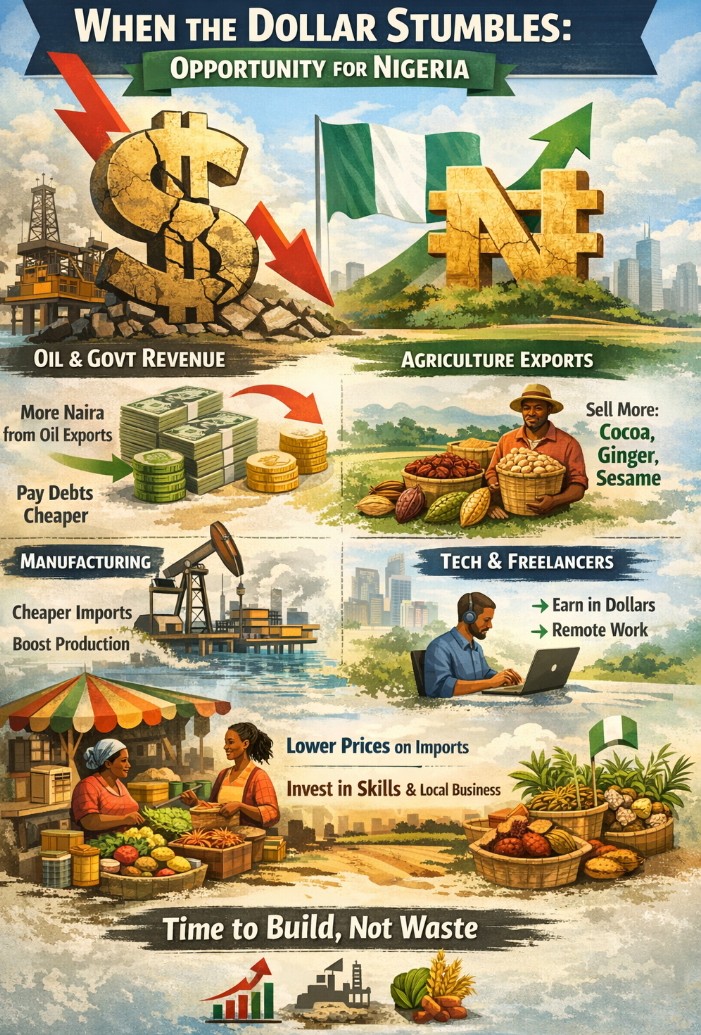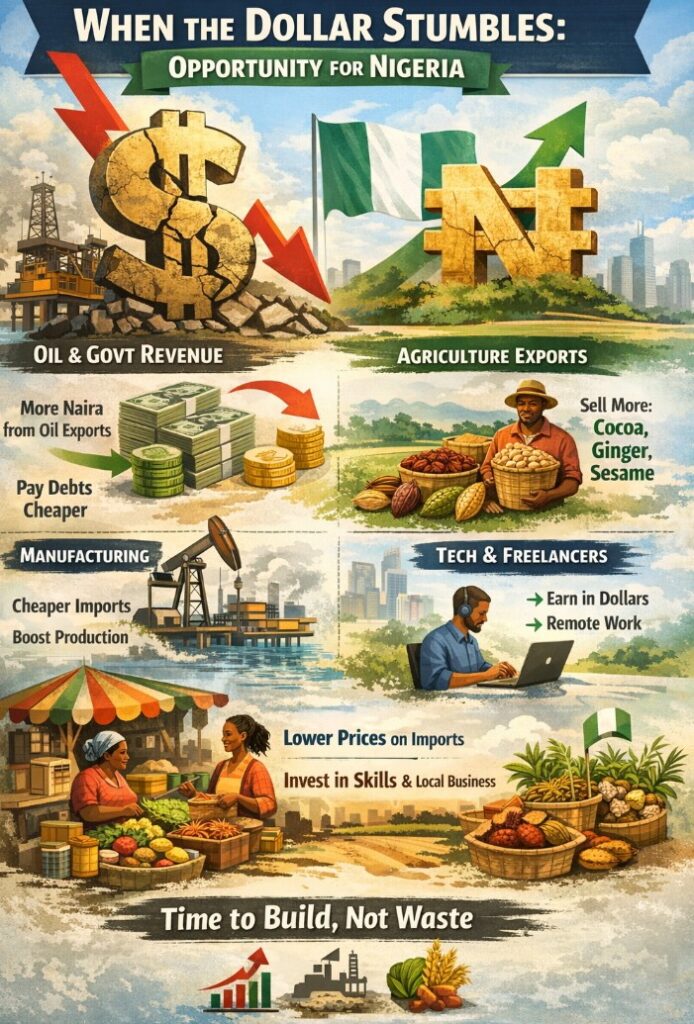The fuel pricing dispute in Nigeria from July to September 2024 has been marked by several key issues, with average fuel prices hovering around N900 per litre. Stakeholders such as the Socio-Economic Rights and Accountability Project (SERAP), a Nigerian NGO founded in 2004, have called for reductions in fuel prices, emphasizing transparency, accountability, and socioeconomic rights. Despite some easing, the inflation rate remains high at 32.15% as of August 2024. Additionally, the currency exchange rate has hit an all-time low of 1,627 Naira per USD as of mid-September 2024. These factors underscore the significant economic challenges faced by Nigerians due to ongoing fuel pricing issues, and the need for effective solutions.
Economic Impact of Fuel Prices
The high cost of fuel has had a profound effect on Nigeria’s economy, affecting everything from transportation to household expenses. A key illustration of this impact is Amina, a single mother of three living in Lagos. Rising fuel costs have consumed a significant portion of her income, leaving little for basic necessities like food and education. Amina’s story reflects the broader hardship faced by many families across Nigeria. In 2024, essentials such as food, housing, and transportation have become increasingly unaffordable, with the Consumer Price Index soaring to 22.79% in June 2023 and inflation reaching a 17-year high of 21.47% in late 2022.
The spike in transportation fares has further exacerbated the economic strain on households like Amina’s. Despite being one of Africa’s largest oil producers, Nigeria has struggled with rising fuel prices, with gasoline prices increasing from an average of 668.3 NGN per litre in January 2024 to 770.54 NGN by July 2024. Contributing factors include global oil market fluctuations, domestic production challenges due to infrastructure and security issues, and government policy changes like subsidy removals.
Government and Private Sector Initiatives
The government faces a delicate balancing act in maintaining fuel subsidies to keep prices affordable without depleting national funds. Initiatives such as promoting alternative energy solutions and launching the Dangote Refinery have been implemented to stabilize prices and ease economic burdens. The Dangote Refinery, with a refining capacity of 650,000 barrels per day, has started producing diesel and jet fuel, reducing Nigeria’s reliance on imports and cutting domestic petrol consumption by 33.58%. This shift is projected to save Nigeria over ₦367 billion annually by lowering logistics and transportation costs.
However, a pricing dispute between the Nigerian National Petroleum Company Limited (NNPCL) and the Dangote Refinery remains unresolved, highlighting the need for ongoing dialogue among stakeholders to ensure market stability and a sustainable fuel supply. Transparency in the oil sector is crucial for maintaining public trust and ensuring equitable wealth distribution.
Presidential Response and Policy Direction
President Bola Tinubu’s administration has emphasized the importance of balancing economic stability with citizen welfare. The decision not to intervene directly in the dispute between NNPCL and Dangote Refinery may indicate a reliance on market forces. Nonetheless, Tinubu has reaffirmed the government’s commitment to addressing petrol pricing issues amid ongoing economic challenges. Initiatives are being developed to support vulnerable populations through targeted subsidies and investments aimed at enhancing fuel distribution efficiency. These measures are part of a broader economic strategy designed to foster stability and growth despite external pressures.
Conclusion
Although the fuel pricing dispute poses significant challenges, collaboration among the government, private sector, and civil society offers hope for a more stable and prosperous future. By prioritizing sustainable solutions, transparency, and a clear vision, Nigeria can navigate this complex situation and emerge stronger. Addressing the needs of ordinary Nigerians, like Amina, must remain at the forefront of policy decisions to ensure that economic growth translates into tangible benefits for all citizens.















